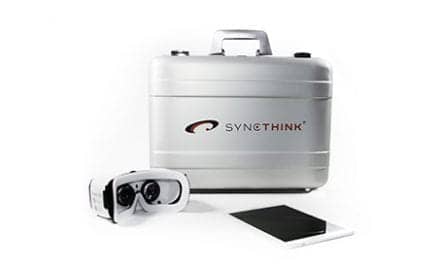Researchers have discovered a biomarker that they suggest may allow the diagnosis of chronic traumatic encephalopathy (CTE) during life, allowing for possible research into prevention and treatment.
The biomarker, CCL11, may also help distinguish CTE from Alzheimer’s disease, which presents with similar symptoms.
The research, performed by scientists from Boston University School of Medicine (BUSM) and the VA Boston Healthcare System (VABHS), was published recently in the journal PLOS ONE.
In their study, the researchers compared the brains of 23 former college and professional football players with the brains of 50 non-athletes with Alzheimer’s disease and 18 non-athlete controls.
The CCL11 levels were normal in the brains of the non-athlete controls and non-athletes with Alzheimer’s disease, but were significantly elevated in the brains of individuals with CTE. In addition, that there was a positive correlation between the CCL11 levels and the number of years the athletes played football.
The researchers then took post-mortem samples of the cerebrospinal fluid (CSF) from four of the control individuals, seven of the individuals with CTE, and four of the individuals with Alzheimer’s disease. They found that CCL11 levels in the CSF were similarly normal in the control and Alzheimer’s individuals, but elevated in those individuals with CTE, suggesting that the presence of CCL11 in the CSF might be able to assist in the detection of CTE during life, according to a media release from Boston University School of Medicine.
“Not only did this research show the potential for CTE diagnosis during life, but it also offers a possible mechanism for distinguishing between CTE and other diseases. By making it possible to distinguish between normal individuals, individuals with Alzheimer’s disease, and CTE, therapies can become more targeted and hopefully more effective,” explained first author Jonathan Cherry, PhD, postdoctoral fellow in neurology at BUSM, in the release.
“The findings of this study are the early steps toward identifying CTE during life. Once we can successfully diagnose CTE in living individuals, we will be much closer to discovering treatments for those who suffer from it,” states senior author Ann McKee, MD, director of BU’s CTE Center and Chief of Neuropathology at VABHS
Future studies are needed to determine whether increased levels of CCL11 are an early or late finding in the CTE disease process and whether CCL11 levels might be able to predict the severity of an individual’s disease, the release concludes.
[Source(s): Boston University School of Medicine, Science Daily]





